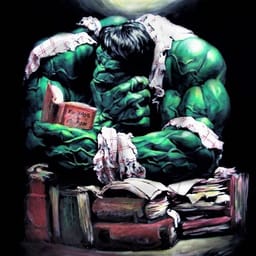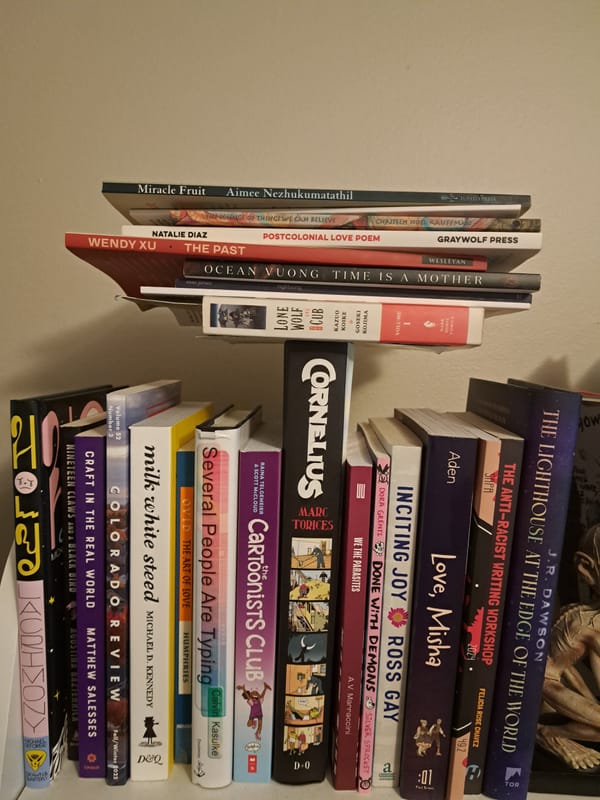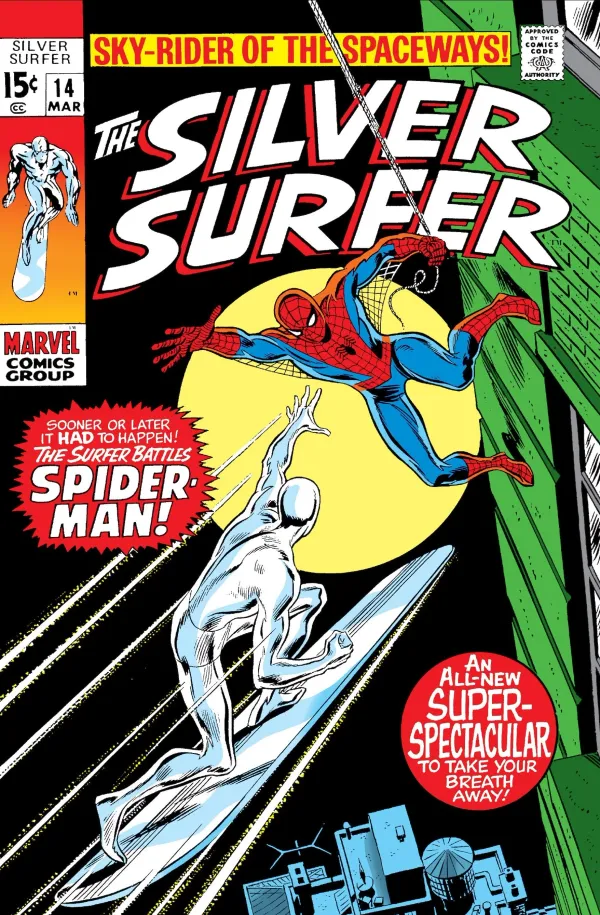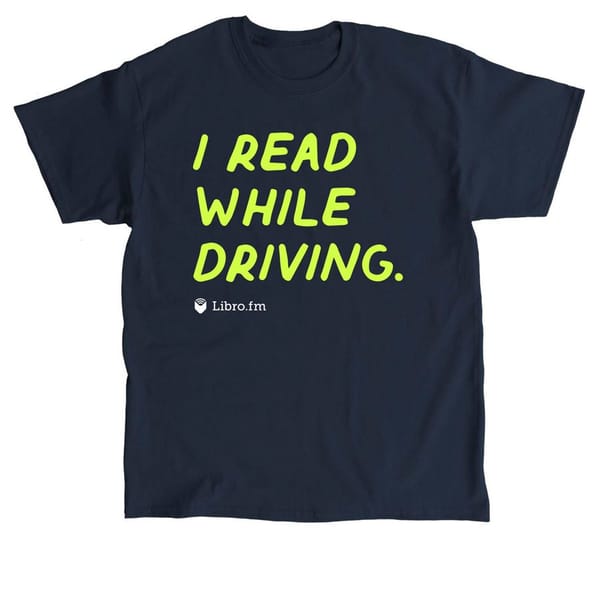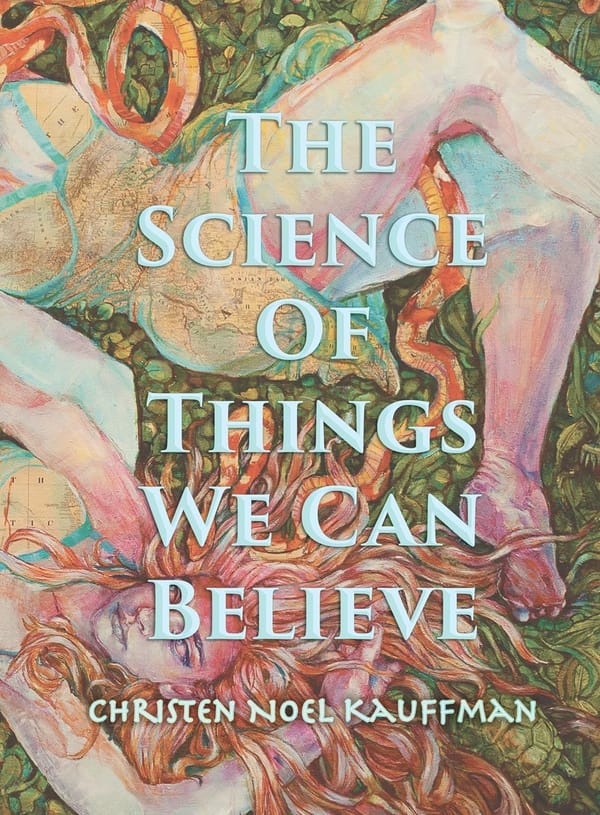Books of Our Time: A Periodic Review of Books That Feel Extra Timely
I don’t know how any of us are reading right now, let alone getting up, drinking coffee, sighing deeply into the steam, and not going straight back to bed (if you are doing this, you’re my hero always, everyday). But we are and we will and we continue. It is the way of things I suppose.
Even with Darth Vader’s music playing in the background of almost every aspect of daily life, I find myself reading, though it’s felt different. My reading seems filtered through the contemporary moment, effecting my enjoyment or dread or excitement far more than I ever realized previously. Intellectually, I know this is how this thing works (reading Parable of the Sower the first time was way different the subsequent times even before it seemed closer to nonfiction) but it hasn’t felt as palpable as the last year.
Maybe you feel the same? Maybe each book can now only be experienced through the chaos of this contemporary moment? If so, then this review series might be for you!
Let me introduce “Books for Our Time”! This periodic series will review books/comics/poetry that feel incredibly relevant or interested in the present moment, even if they’re not from this exact present moment. I’ve been surprised, as only reading can make me, about how prescient books have been feeling especially if they’re from the late 2010’s through Covid. I think this is a signal that there were lots of people who could see the writing on the wall well before the rest of us. This is my attempt to give them the continued shout-out they deserve.
All the books I review here will be seen through the lens of something that connects to now. I’ll be honest about how I feel about the book, but the “review” will really be focused on the relationship to now rather than the book as it stands on its own. Though I think, honestly, that reviewing something through the lens of the contemporary moment is still deeply reflective of how it stands because we live in the contemporary moment, I want to be transparent with my goals here.
Okay, let’s get to it! The first book I want to review for this is I Am the Law by Michael Molcher.
I Am the Law by Michael Molcher
For those of you unfamiliar with this book, it is an in-depth connection between two of my favorite things to talk about; Judge Dredd (comics!) and the police state. You’re correct to think that I’m a blast at parties. People love me.
The book traces many different connections between policing and the way Judge Dredd comics, specifically early versions of the character presented in 2000 AD, exaggerated and critiqued police through deep satirical renderings. The book, overall, is stunning in the level of research it performs into British and American policing along with an absolutely wonderful analysis of the comics. It brings depth to the Dredd comics while also providing a new way to think about policing. It opens up a larger conversation, as well, about who has been looking and critiquing the police. It makes you want to protest and read comics is what I’m saying. Ain’t nothing better than that.
It’s the connections, though, that really make it fit as a Book of Our Time. I’ve read many different accounts (books, articles, speeches, etc.) of policing that talk about ways that our contemporary police state is connected to earlier political choices made throughout the 1900s. This is a pretty obvious thing for me to say even if you’re not in a defund the police state of mind. But, what stood out here were was the way that I Am the Law explores “tough on crime” rhetoric from all parties as having profound effects on the contemporary conversations surrounding police.
One of the most striking examples was how many overlaps there are in policing between the US and England; even the Dredd comics themselves are written for a British audience but take place in a futuristic, dystopic US. There’s also a fantastic connection between policing of the past and today in both countries. I can already hear some of you screaming into whatever screen you’re reading on that today is far worse (what with masked men kidnapping people off the street in the US and the very public arrest of elderly protestors in the UK) than anything we’ve had before. Okay okay. I hear you. But so do the cops. The fact that you can get that joke points to the fact that this terror that we are seeing on social media, sometimes the news, didn’t appear overnight. It grew from something already there.
Molcher doesn’t make any claims that what is happening now is exactly as it was in the 70s, 80s, or 90s, but the sheer amount of examples he pulls really, and I mean really, make you gasp in recognition. The things that came to light during the Ferguson Riots in the US along with BLM protests across the world were some of the first times I, personally, was confronted with explicit police brutality but it wasn’t the first time it happened. In fact, Molcher really gets into the long, long history of oppression that the state has used police to enact.
The connection to the Dredd comics here is telling because what the comics are satirizing, what we would read now and go, “Damn that’s timely” was coming out 50ish years ago. Yea, things are new and we all have little cameras in our pockets but the literal things that happened overlap in ways that are telling and maddening and real. The ramp up that we feel now isn’t out of line with how the government has historically used police forces. By providing this larger context, the book did the dual work that history so often does for me; reminds me that this is nothing new and that I’m not alone. The grab for power and control has happened before but there have always been people who fought back.
This connection across time and across the two countries is enough to make this relevant to the right now but the way that I Am the Law also gives context, both historical and political, opens these overlaps in ways that stun. There are examples after examples of policing taking on new technology or new strategies that are supposed to “reduce crime” but data rarely supports it. The ways that “tough on crime” never mean the causes of the criminal activity or the social structures that encourage it. Rather, it means the system of punishment afterwards. The Dredd comics are such good connections here because the whole joke of the series is that the punishments are ridiculous and absurd while the solutions (providing people with homes or jobs or healthcare or the infinite number of “or”s) are easier, cheaper, more humane, but remove power from the Judge’s, the people in charge in the Dredd comics.
Molcher’s book describes Reagan (big sigh) and Thatcher (big sigh but in British), how they utilized the police and fears around crime to consolidate power and control over the most vulnerable. Of course, the Dredd comics have things to say about this and the connection is brilliant, but the connection to the ways current political leaders like Trump/Vance stoked crime fears during the most recent election show you just how well-worn these paths are. The politicizing of the police and using them for political gains feels like something brand new in an American context but it isn’t. It’s new for some of us but a hell of a lot of people on the margins of society have always been on the receiving end. And the fact that you have a comic discussing this in the 70’s and 80’s is something deeply concerning but also a relief. Again, feeling like I’m not alone is a big benefit to this book for me.
Honestly, as I was reading this book I kept shaking my head like, “Why didn’t I know this?” But that’s kind-of another point that connects with it all doesn’t it? The way media takes on the mantel of informing the public of what police organizations do doesn’t provide even close to a whole picture of the realities of their day-to-day existence. Instead, the myth making runs deep, aided by the ways that popular TV and movies show how this all works. Even with Dredd, though, which is a clearly constructed criticism of the police state, Molcher makes some astute observations about the ways that we present this issue. What’s the balance between satire/critique and just making something look “cool”? How do we critique the kidnapping of our neighbors without also falling into the same rhetoric that the state is using to describe immigrants? What’s the line that must be walked? When do we fall into the same narrative constructions about the three letter organizations that they have been pushing against black/brown/queer/trans/etc./etc. people for decades?
Molcher’s book really probes these questions, thinking deeply about how artists perform satire and the ways that that satire is (mis)understood. This really brought the book to the front of being about the now. Sure, it provides historical context and expands our understanding of living in a police state, but it also challenges us to reconsider how we engage in the same policing strategies in other aspects of our lives. It expands as well into conversations around the purpose of art and how art can move against the giant machine we all feel trapped underneath.
The book ends with the idea of satire being an incredibly important part of art and society. It shows how artists can see the connections between the past, present, and future, and create complicated, beautiful things. To me, this feels like an obvious reason why people interested in authoritarian policies, fascism, or more power to control others, would try to destroy art and artists. If you defund and devalue those who can make those connections and make them accessible to others via their art, then of course it’s easier to lie, consolidate, destroy. Even the most ridiculous art you’ve ever seen or the simplest “entertainment” can allow us to expand our thinking beyond the next paycheck, the next quick meal, the next moment of survival. Art is what makes us realize that there is more to life than barely making it. It is what gives us this truth. When this truth is destroyed, even if it is a silly comics strip in a weekly comic magazine about a judge with a gun, we get less resistance, more obedience, more power taken away, more death.
This is all to say that Molcher’s book is incredibly right now. sIt reminds me of the importance of art not only to personally refresh, revive, and survive but as a way to call attention to the world around us. It also reminded me that history is a thing that continues to be written. That we all have a say in how the world moves forward. It is a difficult book to process and asks difficult questions of its readers, but these are the things that we need to be asking ourselves now.
I Am the Law is one hell of a book about the world we find ourselves in now. It’s only one part of it, sure, but it’s a hell of a part. A part where plenty of people are cosplaying as Judge Dredd without knowing it and without knowing that he isn’t the hero of the series. No matter how cool he looks on the page, he is the bad guy. And he’s okay with it. The rest of us shouldn’t be.
Extra side note: As I write this, Chicago (and many other parts of the country) continues to be under direct attack from our own federal government. It’s terrifying and awful and my whole body and soul goes out to those who are able to put their lives on the line to slow it down.
And Portland has people in frog costumes. It is absurdity and protest and so Judge Dredd-esque that my mind is swimming.
All the events seem to be refracted through the lens of Judge Dredd. The theater the federal agencies are going for. The fighting/helping with local police. The complete fabrication of issues/crime. It feels surreal because a comic decades ago said, “What’s the most extreme version of this shit we’re seeing now?” and made a scifi comic on it. Now, we’re seeing things that are getting closer and closer to the comics.
May actual justice win. May the walls fall. May we one day read satire and not see reality. None of us are free until all of us are free.
If you enjoyed this, please subscribe to get this in your inbox every month! It's free!
If you REALLY enjoyed this, please support my book buying habit with a tip below.


